2018 Midterm Elections: LLS Faculty Experts
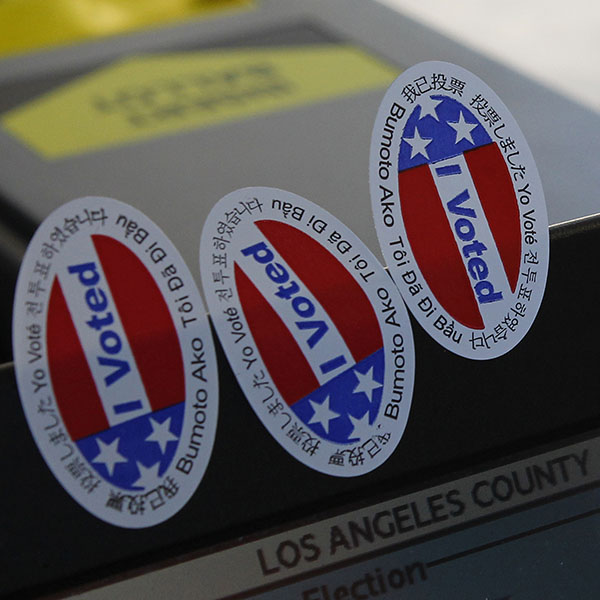
Loyola Law School, Los Angeles faculty are available to discuss a wide variety of issues related to the 2018 midterm elections. Below, peruse professors' expertise in areas relevant to issues raised by the election or click directly to featured commentary. Each week, a Loyola professor will address a pressing issue related to the vote. Check back each Thursday for new perspectives.
To arrange an interview with any Loyola Law School, Los Angeles expert, please contact Brian Costello at 213-736-1444 or brian.costello@lls.edu, or Melissa Abraham at 213-736-1445 or melissa.abraham@lls.edu. For a complete list of professors by area of expertise, please see our online experts directory.
Featured Expert: Justin Levitt
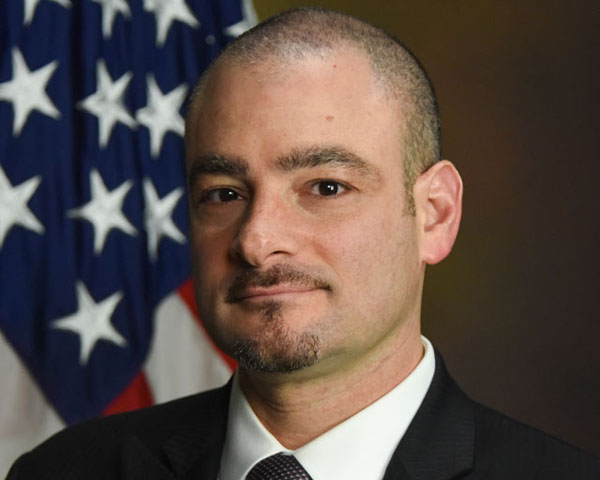
Topics: Campaign Finance, Constitutional Law, Election Law, Redistricting
Professor Justin Levitt is associate dean for research at Loyola Law School, Los Angeles and former Deputy Assistant Attorney General supporting the DOJ Civil Rights Division’s work on voting rights, has assessed the cyber risks associated with the 2018 midterm election. Levitt has been invited to testify before committees of the U.S. Senate, the U.S. Civil Rights Commission, several state legislative bodies, and both federal and state courts. His research has been cited extensively in the media and the courts, including the U.S. Supreme Court. He maintains the website All About Redistricting, tracking the process of state and federal redistricting around the country, including litigation.
Analysis: Cyber Concerns Over Voting
State and local governments, often with federal help, have been hard at work guarding information systems and election technology against hacking and cyberintrusion. The most critical networked systems are central state voter registration databases: not coincidentally, those are also the systems likely to be most protected in the most sophisticated fashion against intrusion. The sites that local town and county officials use to report results are “just” webpages like many others; security for those pages varies tremendously, but isn’t directly tied to actual election results. Most voting machines and tallying systems are not networked, and as a result, they’re far more difficult to hack without inside access. And in many areas, hard-copy votes are available for post-election audit. Though we can and should always improve our capacity, the systems that matter most to the process of casting and counting ballots are pretty well protected against systemic intrusion in most jurisdictions.
But what was of most concern in 2016, and what should still be of substantial concern in 2018, are attempts to hack us: we, the people, are the weak links in the chain. Fake news, and bot efforts to amplify our most polarizing hot takes through social media and search engine algorithms, influence the election environment. Multiple indictments have validated concern over these practices in 2016, and without broader and more vigorous geopolitical pushback, we should remain alarmed about the capacity and incentive to interfere again in 2018.
Ellen Aprill
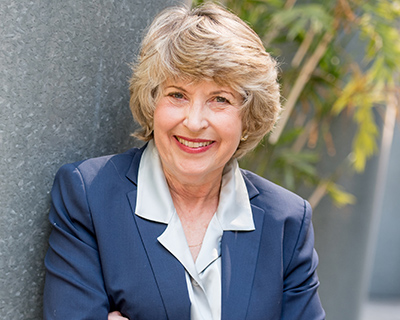
Topics: Tax Policy, Tax-Exempt Status
Professor Ellen Aprill is a nationally recognized expert in tax issues related to exempt organizations. A close follower over the White House’s debate about the Johnson Amendment, she can comment on the political activities that may jeopardize the tax-exempt status of non-profit organizations. Founder of the Western Conference on Tax Exempt Organizations, she worked for the U.S. Department of the Treasury before entering academia. Aprill is also a former U.S. Supreme Court Clerk who can comment on Supreme Court processes.
Recent commentary:
- Op-ed: "Leave the Johnson Amendment Alone", New York Times
- Op-ed: "Trump Wants to Force You – the Taxpayer – to Pay for Campaigning from the Pulpit," Washington Post
Relevant scholarship:
Aaron Caplan
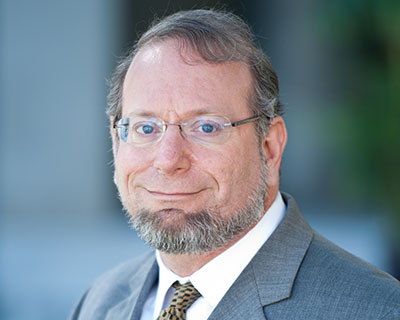
Topics: Constitutional Law, Free Speech, First Amendment, U.S. Supreme Court
Professor Aaron Caplan is an expert on constitutional law with an emphasis on civil liberties and the process of removing a president from power. A former ACLU attorney, he has written extensively on free speech and the First Amendment. Likewise, he is an expert on Freedom of Information Act (FOIA) issues. He has lectured on defamation before journalist groups and regularly teaches on FOIA at Loyola's annual Journalist Law School.
Caplan recently hosted the Constitution Day event, Selecting and Removing the President of the United States. “High crimes and misdemeanors are what Congress wants them to be,” and could include violations of the foreign emoluments clause or misuse of pardon power, Caplan noted. [Listen to the presentation.]
Brietta Clark
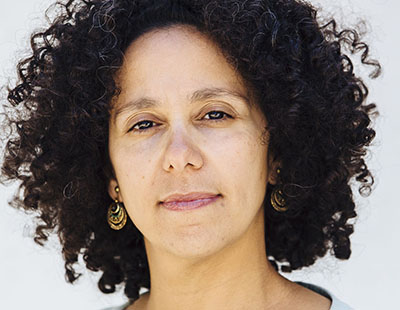
Topics: Health Care Law
In its first two years, the White House attempted to strip away some of Obama-era Affordable Care Act provisions. What impact will a new Congress -- and new composition of the U.S. Supreme Court -- have on health care access?
Professor Brietta Clark is an expert on health care law, particularly as it impacts health care access. An adviser to Loyola's Health Care Law Course of Study, she has closely followed litigation resulting from the Affordable Care Act. With a U.S. Supreme Court vacancy, Clark can comment about what a future makeup of the court might mean for any future challenges to the act.
Relevant scholarship:
- "Getting People to Make The Right Choice Under the ACA: The Most Important 'Sales Pitch' of Obama's Presidency," Journal of Healthcare Law & Policy
Rebecca Delfino
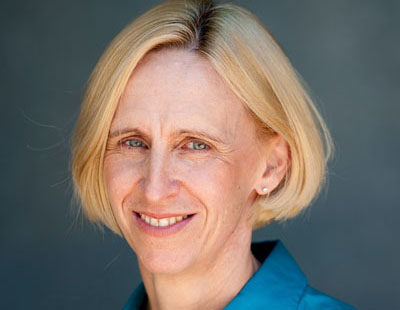
Topics: Judicial Appointment Process, Judicial Ethics, Judiciary Impact of Ballot Measures
Professor Rebecca Delfino, Loyola's faculty externship director, spent 17 years at the California Court of Appeal. A professor of judicial process and appellate advocacy, she interacts with state and federal judges daily as externship director.
Delfin is an expert in the judicial appointment (and removal) process, judicial ethics and the impact of the actions on other the branches upon the judiciary, including legislative action and propositions. California examples include Proposition 47, passed in 2014, and more recently Prop 66, the re-alignment of the death penalty cases in state courts. Her current research focus is the #MeToo era’s impact on the judicial branch.
David Glazier
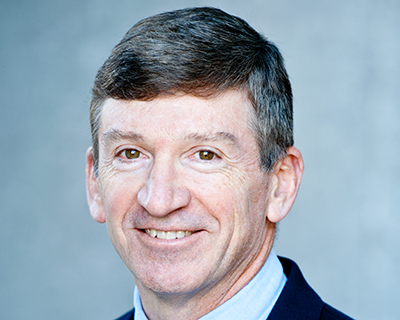
Topics: Law of War, International Treaties, Military Commissions & Detainees
Professor David Glazier is a former Navy officer with a deeply rooted understanding -- both practical and theoretical -- of how legal issues play out on the front lines of conflict. An expert on international treaties, he is able to comment on Congress and its obligations to United Nations and other agreements.
Michael A. Genovese
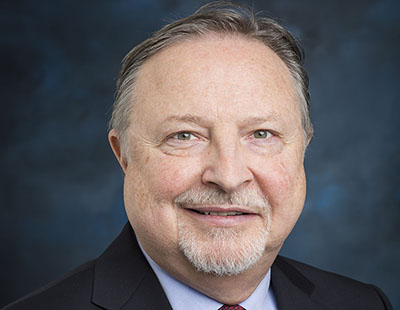
Topics: Law & presidential power
Professor Michael A. Genovese is the president of the World Policy Institute at Loyola Marymount University and holder of the Loyola Chair of Leadership. He is the author of more than 40 books dealing with the presidency and leadership.
On the transforming nature of the presidency:
Globalization has changed the nature of politics in ways we are only now beginning to see. The old rules of electioneering and governing no longer apply. How we come to grips with these changes will determine the course of our nation’s future for the next generation.
Michael Guttentag
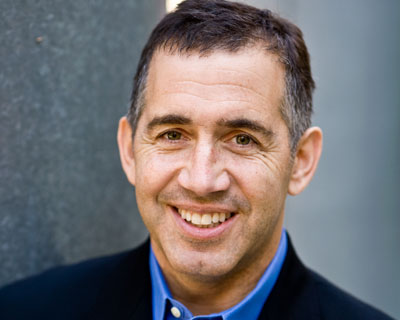
Topics: Corporate Political Spending, Securities Regulation
Professor Michael Guttentag is an expert on corporate disclosure of political spending, as well as securities regulation and issues related to the Securities & Exchange Commission.
On corporate political spending disclosures:
Recent interest in requiring the disclosure of political spending by public companies arose naturally out of the Supreme Court’s Citizens United v. Federal Election Commission decision. Within the Citizens United decision was the germ of an idea about how to limit corporate involvement in federal political contests: the mechanisms of corporate governance. In the majority opinion in Citizens United, Associate Justice Anthony M. Kennedy wrote that “[t]here is, furthermore, little evidence of abuse that cannot be corrected by shareholders ‘through the procedures of corporate democracy.’”
Following up on Justice Kennedy’s observation, a number of legal scholars encouraged the Securities and Exchange to require public companies to disclose political spending. This proposed disclosure requirement has received unprecedented attention and support. The larger question this proposal raises is whether the public company disclosure regime is an appropriate tool to address opacity in political spending. In pioneering research published in The Columbia Business Law Review introducing new empirical evidence, I reached the conclusion that the public company disclosure regime should not be used to mandate political spending disclosure.
Sean Kennedy

Topics: Death Penalty, Juvenile Representation
Professor Sean Kennedy is Kaplan & Feldman Executive Director of Loyola's Center for Juvenile Law & Policy and a member of the Los Angeles County Sheriff Civilian Oversight Commission. He is a founding organizer of Loyola's Policing L.A. Forum Series on police practices.
As the former Federal Public Defender for the Central District of California, he argued Cullen v. Pinholster before the U.S. Supreme Court. His time at the office included leading the Capital Habeas Unit, the department charged with habeas petitions and other representation of prisoners on death row.
Christopher Hawthorne
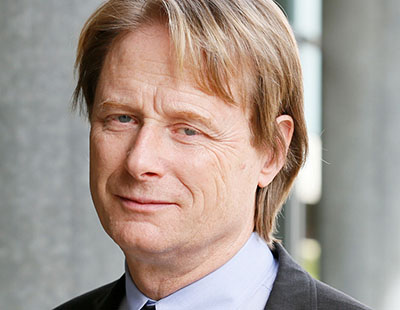
Topics: Juvenile Justice, Sentencing
Professor Christopher Hawthorne is an expert on sentencing, particularly the unique issues surrounding juvenile sentencing, which has been revisited in recent high-profile opinions by the U.S. Supreme Court. He is director of Loyola's Juvenile Innocence & Fair Sentencing Clinic, part of Loyola's Center for Juvenile Law & Policy.
Justin Hughes
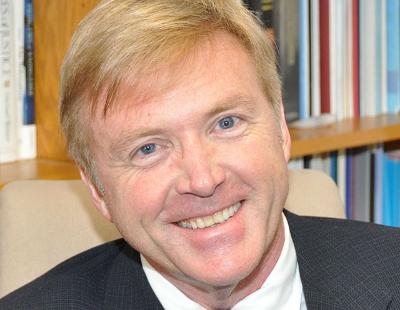
Topics: Intellectual Property, International Trade, International Law
Professor Justin Hughes is a veteran political operative who worked in the administrations of presidents Barack Obama and Bill Clinton, as well as on presidential campaigns. An authority on trademark law and international trade, he is an expert on the implications of international treaties on intellectual property issues.
From 2009-2013, Hughes worked in the Obama Administration as Senior Advisor to the Undersecretary of Commerce for Intellectual Property. In that capacity he was the United States chief negotiator for the Beijing Treaty on Audiovisual Performances (2012) and the Marrakesh Treaty for the Blind (2013), which he helped implement in 2018.
Allan Ides
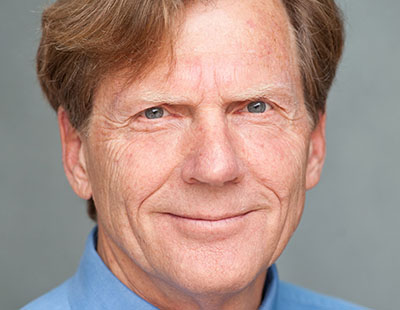
Topics: Constitutional Law, Presidential Powers, Supreme Court
Professor Allan Ides is an expert on the inner-workings of the U.S. Supreme Court. A former clerk to Associate Justice Byron White, Ides has an insider's knowledge of the court's functions. A professor of constitutional law, he has particular expertise on presidential power and executive authority.
Recent commentary:
- "The Last 'Swing'? High Court 'Reliability' and Rule of Law," Christian Science Monitor, July 10, 2018
- "Federal Law May Tilt Fight to Trump In California Sanctuary Suit," Bloomberg News, June 10, 2018
Kathleen Kim
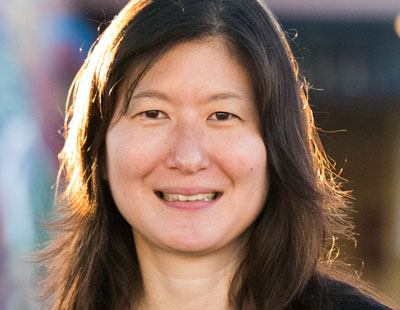
Topics: Immigration Law, Human Trafficking
Professor Kathleen Kim is closely involved with immigration policy. She has helped draft California immigration legislation, and she is a prolific scholar on the subject. She is available to comment on the legacy of President Obama's executive actions on immigration -- and their future under a new president.
“There are allegations of forced labor at some immigrant detention centers. The federal government is challenging California’s ability to inspect detention facilities while also seeking to destroy so-called sanctuary city policies. And asylum is more difficult to obtain than ever,” says Loyola Professor Kathleen Kim, faculty adviser to the clinic and a nationally renowned expert on immigration law. “It’s almost like the White House is deliberately trying to grind the immigration relief system to a halt.”
Recent commentary:
- "Loyola Immigrant Justice Clinic Pursues Integrity on Both Sides of Border," AJCU Connections, Sept. 2018
Laurie Levenson
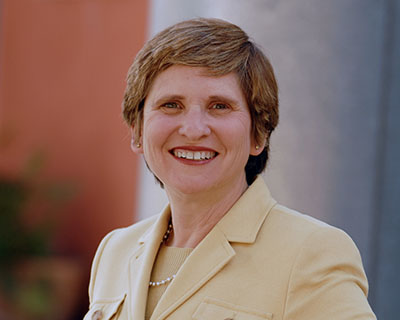
Topics: Criminal Justice Reform, Department of Justice Policy, Federal Judicial Appointments, Supreme Court Nominees, Police Accountability
A former federal prosecutor who created Loyola's Project for the Innocent, Professor Laurie Levenson is fluent in all criminal justice matters affecting the presidency, including Department of Justice policymaking, police accountability, sentencing reform and more.
As leader of Loyola's Clerkship Committee, she is an expert on judicial appointments, especially those involving the U.S. Court of Appeals for the Ninth Circuit.
Of the importance of the 2018 midterm elections on the Justice, Levenson writes:
It is critical to our democracy that we have checks and balances. A key check on potential abuses in our Executive Branch is Congress’s power to hold oversight hearings and pass laws protecting a special counsel. Therefore, one of the critical consequences of the midterm election will be whether we have a Congress that is willing to perform those crucial functions.
In particular, the future of the Robert Mueller investigation depends heavily on how much protection members of Congress provide for his work. Not only can Representatives protect the Special Counsel’s work, but they also can independently investigate foreign and domestic interference with the Department of Justice.
President Trump has continuously challenged the Special Counsel’s investigation and threatened to fire the Attorney General. Electors should keep in mind that their midterm votes are likely to have a profound effect on the operation of key government agencies, including the FBI and Department of Justice.
Recent commentary:
- “How to Judge Kavanaugh's Credibility,” The Hill, Oct. 2, 2018
Jessica Levinson
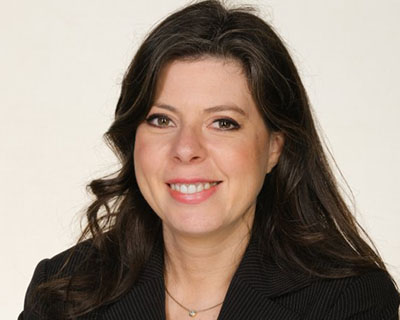
Topics: Election Law, Campaign Finance, Supreme Court, Government Accountability
Professor Jessica Levinson is an expert on a wide swath of election issues, from campaign finance to ballot initiatives and everything in between. Past president of the Los Angeles City Ethics Commission, she is also fluent in reform and government accountability.
Levinson points out that California has had a “robust” history of ballot initiatives being used to significantly impact elections… “It’s an effective way to connect voter issues with candidates,” she says. “It games the electoral system in so many ways.”
On the California ballot initiative Prop. 7 for year-round daylight saving time:
For those who find it onerous to change their clocks twice each calendar year, I offer a simple solution – let us remain, always, on daylight saving time. There is much to say on this topic, but as our lawmakers consider Chu’s depressing proposal, I would simply urge them to pick light over darkness.
-Excerpted from "The Five Advantages of Daylight Saving Time," Sacramento Bee
Recent commentary:
- The Supreme Court Just Helped Stem the Dark Tide of Money?" Jurist, Sept. 27, 2018
- De Leon, Feinstein and Kavanaugh Allegations, KCRW-FM's "Press Play with Madeleine Brand," Sept. 26, 2018
Paula Mitchell
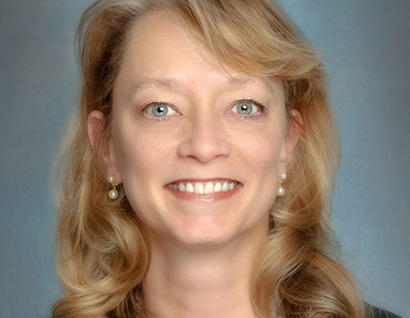
Topics: Death Penalty, Habeas Corpus, Wrongful Convictions
Alarcón Advocacy Center Executive Director and Loyola Project for the Innocent Legal Director Paula Mitchell teaches Habeas Corpus & Prisoner Civil Rights. She is the co-author of the landmark law review articles "Executing the Will of the Voters?: A Roadmap to Mend or End the California Legislature’s Multi-Billion-Dollar Death Penalty Debacle" and "Costs of Capital Punishment in California: Will Voters Choose Reform this November?" in the Loyola of Los Angeles Law Review.
Marissa Montes
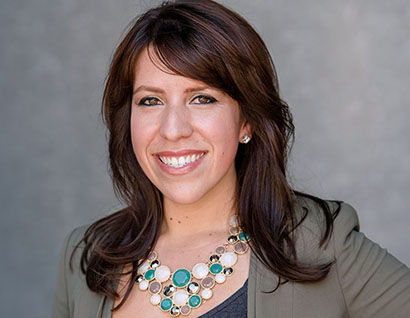
Topics: Immigration Law
Marissa Montes is the founding co-director of the Loyola Immigrant Justice Clinic at Loyola Law School, Los Angeles. The clinic is the only community-based immigration clinic in Los Angeles. The clinic worked closely with Ya Es Hora iCiudadania! to naturalize immigrants in time to vote in the 2016 presidential election. Since its first clinical class in 2012, the Loyola Immigrant Justice Clinic has conducted more than 10,000 client consultations.
On her work to help prevent family separations at the border:
“I warned them of the dangers they would face, including the possibility that children would be separated from their parents,” she told those migrating north during a summer 2018 trip to Mexico. “Most of them said they had no other option but to continue north.”
Recent commentary:
- "Loyola Immigrant Justice Clinic Pursues Integrity on Both Sides of Border," AJCU Connections, Sept. 2018
Priscilla Ocen
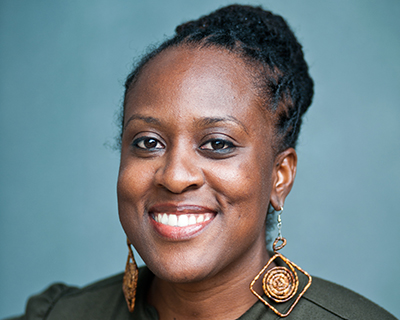
Topics: Department of Justice Policy, Race & Policing
Professor Priscilla Ocen is an expert on the implications of race in the criminal justice system. The co-author of the influential report "Black Girls Matter," she can comment on reform measures taken in the wake of controversial police actions in Ferguson, Chicago, New York City, West Charleston and beyond. She teaches Critical Race Theory and related subjects.
Katherine Pratt
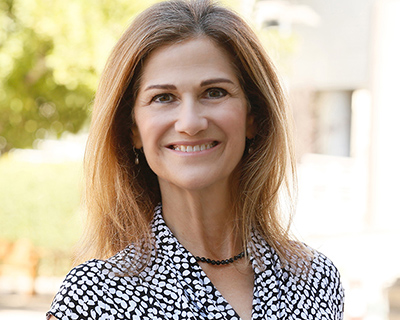
Topics: Tax Policy, Tax Disclosure, Tax Initiatives
Professor Katherine Pratt is an expert on tax policy and coverage. She has been a vocal proponent of President Trump releasing his tax returns.
Emily Robinson
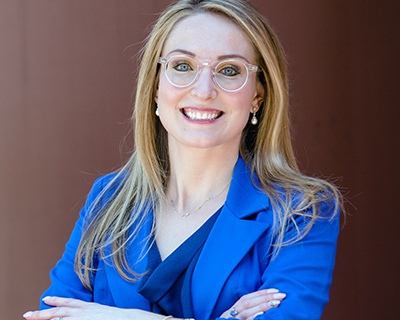
Topics: Immigration Law
Emily Robinson is the founding co-director of the Loyola Immigrant Justice Clinic at Loyola Law School, Los Angeles. The clinic is the only community-based immigration clinic in Los Angeles. The clinic worked closely with Ya Es Hora iCiudadania! to naturalize immigrants in time to vote in the 2016 presidential election. Since its first clinical class in 2012, the Loyola Immigrant Justice Clinic has conducted more than 10,000 client consultations.
Recent commentary:
- "Loyola Immigrant Justice Clinic Pursues Integrity on Both Sides of Border," AJCU Connections, Sept. 2018
Cesare Romano
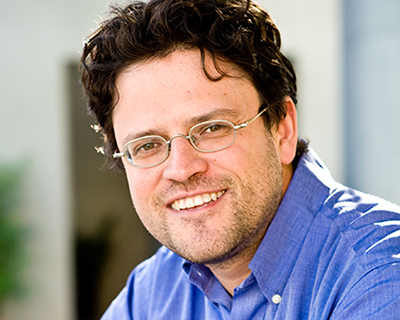
Topics: Human rights
Professor Cesare Romano is an expert on international human rights and Co-Director of the Loyola Law School, Los Angeles International Human Rights Clinic. He is available for commentary on issues related to the violation of Guantanamo Bay prisoners human rights and the United States possibly ratifying the Convention on the Elimination of Discrimination against Women (CEDAW) and the Convention on the Rights of the Child, two important human rights treaties ratified by most of the world with the exception of the United States.
Katherine Trisolini
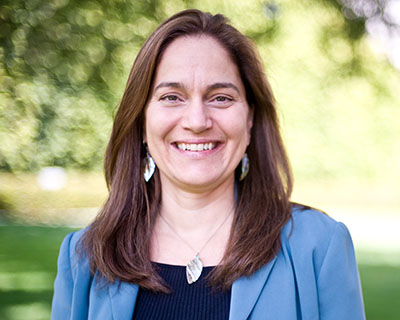
Topics: Climate Change, Environmental Protection Agency
Professor Katherine Trisolini is an expert on climate change law and policy. Her research focuses on regulatory responses to climate change. She can comment about how environmental policy could shift with a change in administration.
Recent commentary:
- "U.S. youth activists will appeal setback to climate lawsuit, lawyer says," Reuters, August 15, 2018
Michael Waterstone
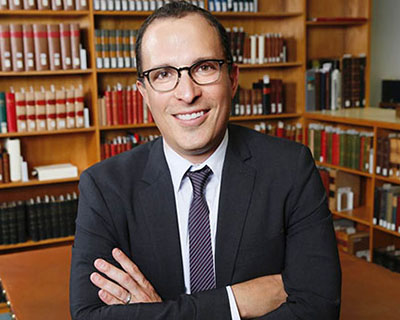
Topics: Disability Rights Law, Employment/Labor Law
Dean Michael Waterstone is a nationally recognized expert in disability and civil rights law. His recent articles have appeared in the Harvard Law Review, Emory Law Review, Notre Dame Law Review, Minnesota Law Review, Duke Law Journal, Vanderbilt Law Review, William and Mary Law Review, and Northwestern Law Review, amongst others. He also is a co-author of a casebook on Disability Law.
Kimberly West-Faulcon
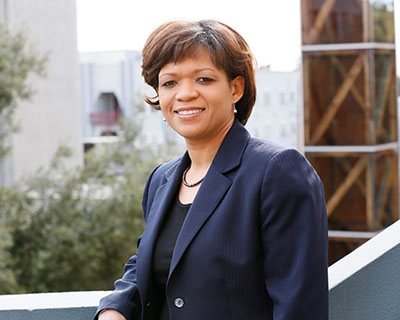
Topics: Constitutional Law, Race & Testing
Professor Kimberly West-Faulcon is an expert on constitutional law with a focus on theories of intelligence and fair and proper use of standardized tests, anti-discrimination and civil rights. Her work seeks to expose the theoretical and legal implications of modern research from the fields of psychology, statistics and psychometrics and bridge science and law to offer new insights into the study of intelligence. She was a frequent commentator on the U.S. Supreme Court case on affirmative action in admissions, Fisher v. University of Texas.
Recent commentary:
- "At Kavanaugh hearings, questions of how much power a president should hold," Christian Science Monitor, Sept. 4, 2018
Adam Zimmerman
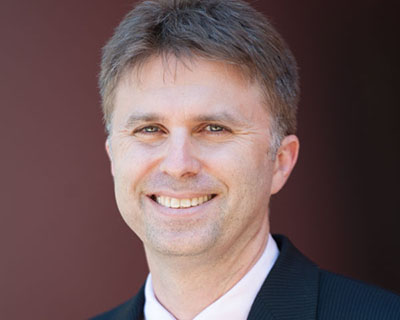
Topics: Agency Class-Actions and Remedies, Torts
Professor Adam Zimmerman is the influential co-author of a study examining whether and how class actions and other aggregation techniques might clear administrative backlogs. His law review article Inside the Agency Class Action, which builds upon this study, was also recently accepted by the Yale Law Journal. He is uniquely qualified to assess how government agencies can adapt class action measure to deal with adjudications.
Recent election-related media coverage:
- "As Trump claims power to pick federal agency judges, skeptics fear court-packing," Reuters, July 11, 2018